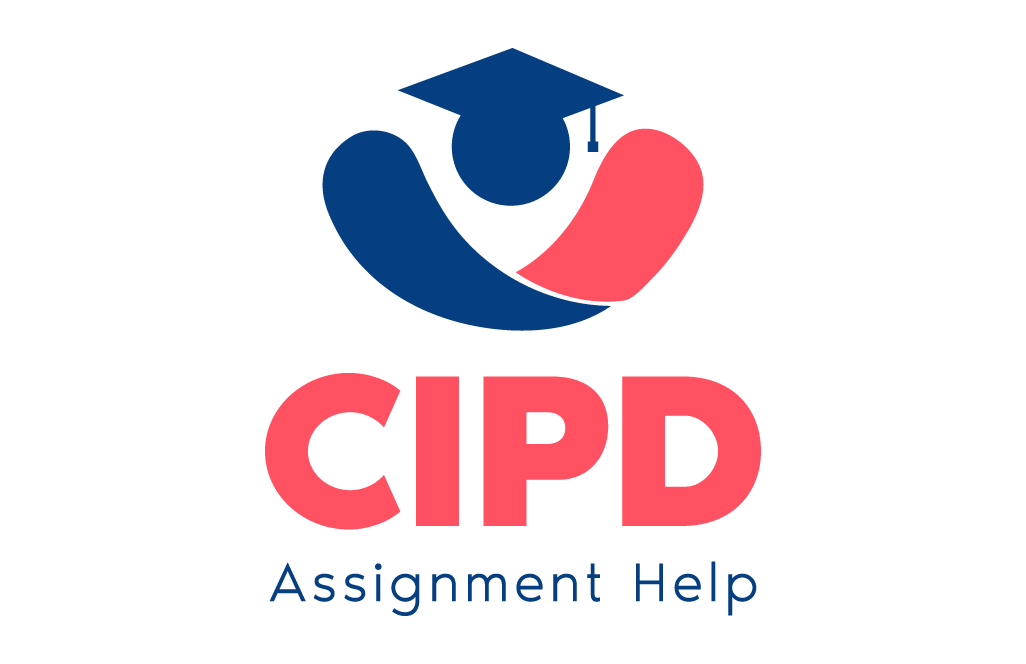CIPD Assignment Help – Available Worldwide!
Need help with your CIPD assignments? Our expert team offers high-quality, plagiarism-free work at affordable prices, delivered on time. We provide 24/7 support to ensure your assignments meet the CIPD standards and boost your grades. Our service is available in the UK, USA, Ireland, Canada, Australia, Saudi Arabia, Singapore, and many other countries. Order now for fast and reliable help!


